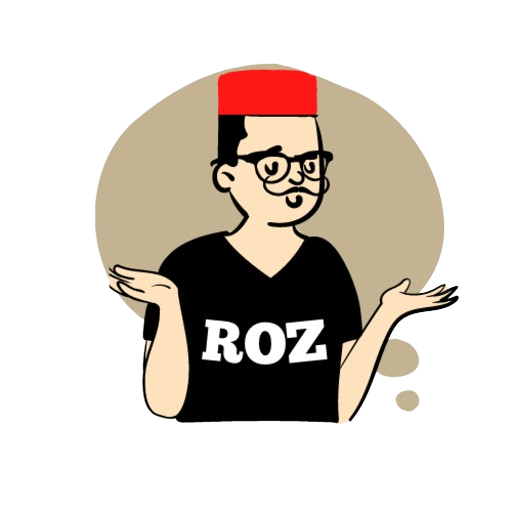Elon Musk, the CEO of Tesla, has expressed that advertising won't be effective for the company until its electric cars become more affordable. Despite implementing a series of price reductions throughout the year, Musk believes these cuts have not sufficiently boosted demand.
To address the growing competition, Tesla introduced discounts at the start of the year. In an overnight earnings call on October 18, Musk indicated that these reductions were insufficient in stimulating demand. He emphasized the need to make their vehicles more cost-effective to increase accessibility for potential buyers.
In a significant departure from the past, Tesla had committed to introducing advertising in May. Musk, who previously voiced his aversion to advertising, acknowledged this shift but asserted that advertising wouldn't be effective unless the company could reduce its prices.
While discussing the challenges, Musk highlighted the impact of rising interest rates, particularly on customers who opt for installment payments. These higher interest rates have essentially negated the benefits of price cuts for these customers, forcing Tesla to adjust vehicle prices to maintain similar monthly costs.
Despite a 5% increase in revenue to $19.63 billion in the most recent quarter, the price reductions have incurred costs for the business. Total gross profit decreased by 22% compared to the same period in 2022, with earnings per share declining by 44%.
Notably, Tesla's initial price cuts in January had raised concerns of a potential price war, a situation that could prove intractable and existential for manufacturers, as noted by Marketing Week columnist Mark Ritson. In major markets such as China and the US, Tesla has faced stiff competition from more affordable competitors, and financial analysts are now calling for additional price reductions, indicating the presence of a price war.
Ritson also warned that these price cuts risked commodifying Tesla's previously strong brand equity. With each significant discount event, Tesla potentially damages its brand's unique standing.
According to YouGov's BrandIndex tool, Tesla's brand health has declined notably in the past year, with its index score dropping from 2.2 to -2.0 as of October 18, 2023. While factors like Musk's Twitter takeover (now known as X) may have contributed to this decline, the brand's overall health is significantly weaker compared to the previous year.
Musk himself appears less optimistic about Tesla's prospects than he was in 2022. Last year, he asserted that Tesla was recession-resilient and could generate meaningful cash in any macroeconomic scenario. However, his recent remarks suggest a more cautious outlook, acknowledging the challenges the company faces, even likening it to a great ship navigating stormy waters.


Comments
Post a Comment